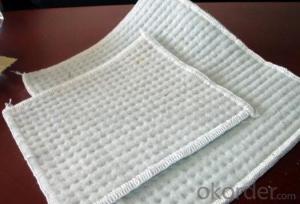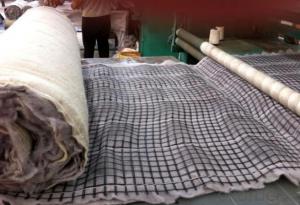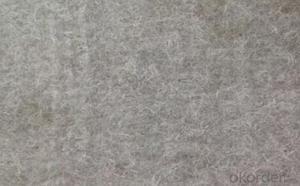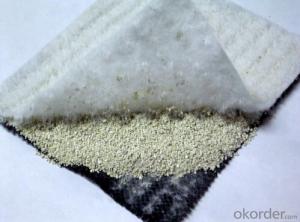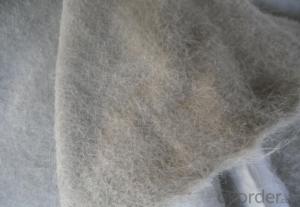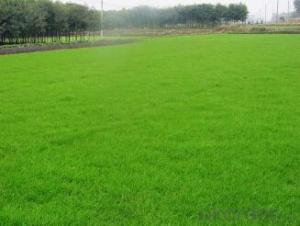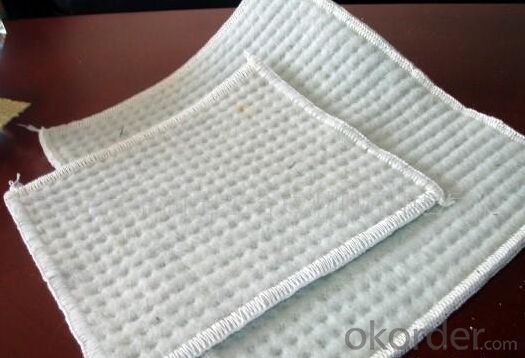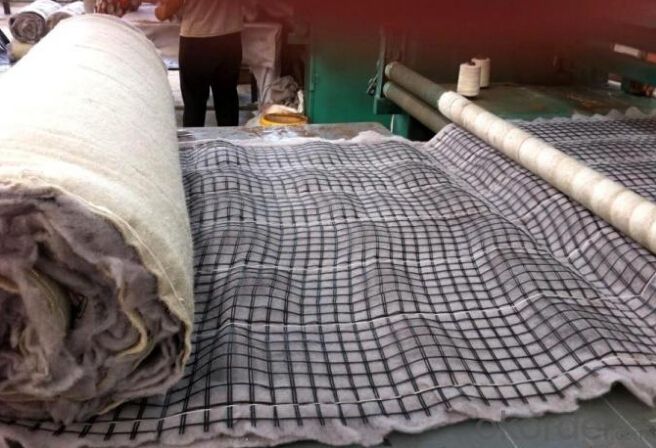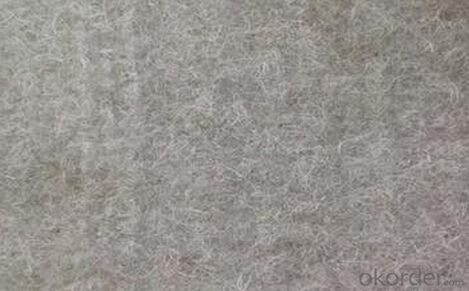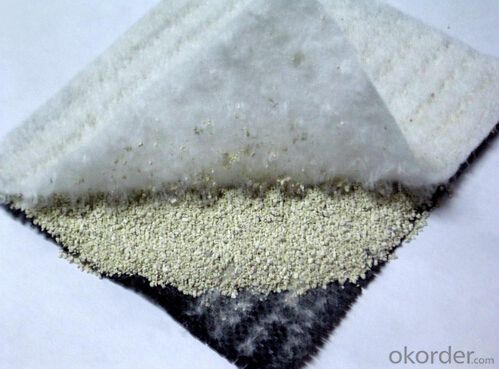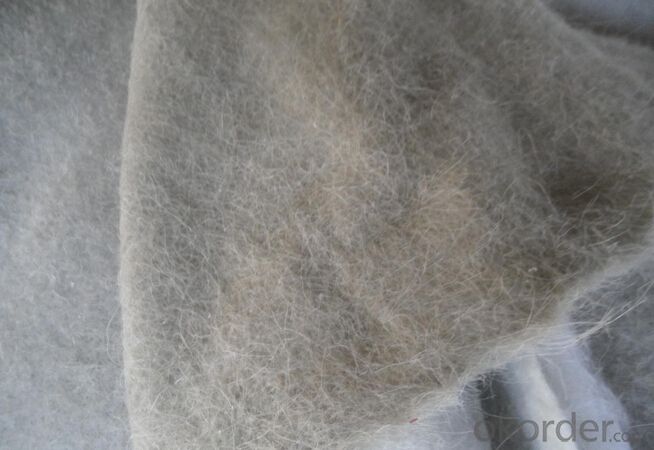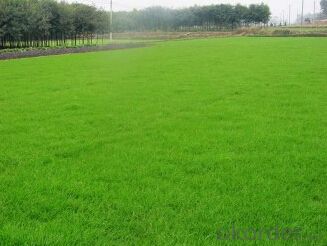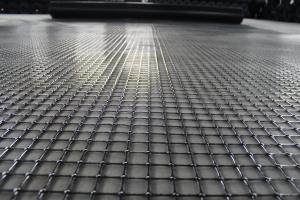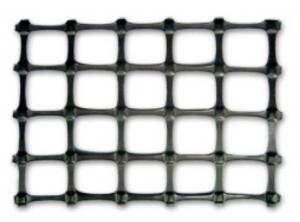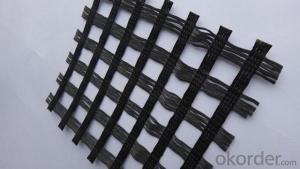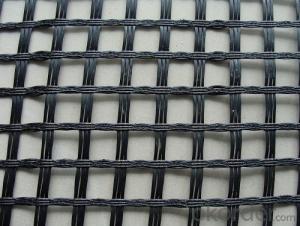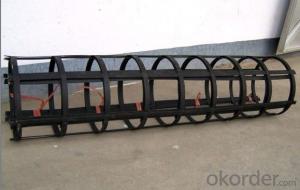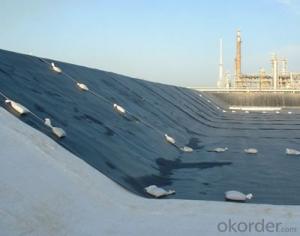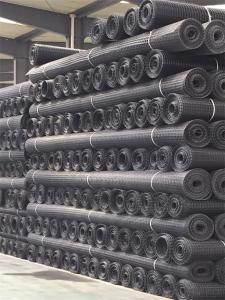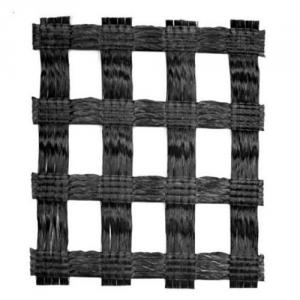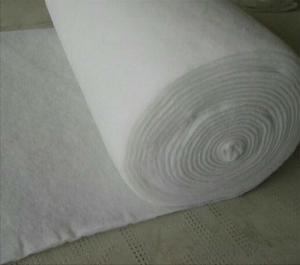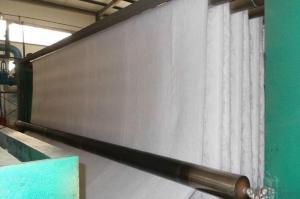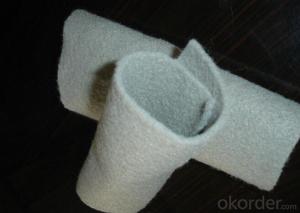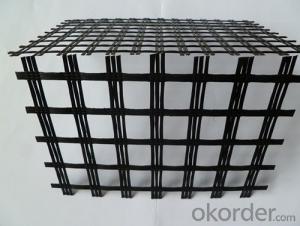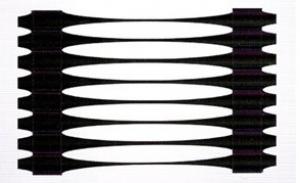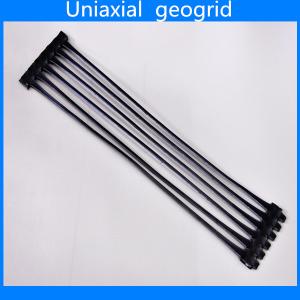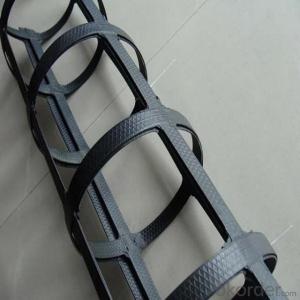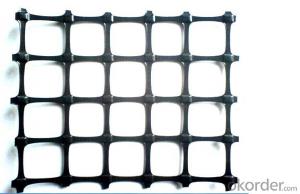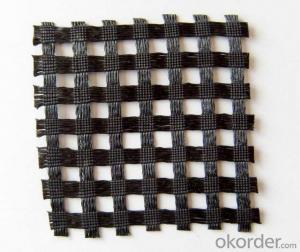Geogrids for Access Routes - Nutrition Geotextile for Greening Plants
- Loading Port:
- Qingdao
- Payment Terms:
- TT OR LC
- Min Order Qty:
- 5000 m²
- Supply Capability:
- 2000000 m²/month
OKorder Service Pledge
OKorder Financial Service
You Might Also Like
Nutrition geotextile in water environmental engineering .
Specification:
Made from PROT,L etc.natural fiber by nonwoven process,it’s composed of nonwoven geotextile layer and nutritive layer for plants.
nutrition geotextile in water environmental engineering . Specification:
1. 200g/m2-400g/m2
2. One side thermally bonded nonwoven geotextile
3. Both sides thermally bonded nonwoven geotextile
Product Feature:
1. Simple and fast construction
2. Achieve the greening effect quickly after construction
3. Due to the grass and composite fiber fabrics become into one integration, so it has the ability of certain degree of flow resistance for the water rising before the grass survive.
4. Composite fiber fabric is a continuous structure from slope top to slope toe, both ends are fixed, has high water flow resistance.
Technical Specification
5.0 m length and 1.05 m width. Reverse side all used filter material. Grass seeds: Bermuda grass (warm season grass), Bahia grass (warm season grass), Kentucky bluegrass (cold season grass), Tall fescue grass (cold season grass), Red fescue grass (cold season grass). Plant height: 0.1 ~ 0.5 m.
| NO. | Items | Specification | Notes | |||
| 1 | Total unit area weight g/sq.m | ≥380 | ||||
| 2 | dimension | width m | 1.0~2.0 | |||
| length m | as per user’s request | |||||
| 3 | Composite fiber fabrics | Material | Polyester Fiber | High strength PET | ||
| Unit area weight g/sq.m | ≥160 | |||||
| Mesh dimension mm | 8×8 | |||||
| Extension strengh kn/m | ≥11 | MD & CD | ||||
| 4 | Filtra layer | Material | Polyester non woven geotextile | |||
| Unit area weight g/sq.m | ≥40 | |||||
| 5 | Grass seeds, Fertilizer | Type | According to actual situation choose 3~5 grass seeds | |||
| Plant height m | 0.1~0.3 | |||||
| 6 | Fiber layer | Material | wood pulp cellulose | |||
| Unit areaweight g/sq.m | ≥15 | |||||
| 7 | flow resistance | ≥4 | not allow appear scour, suction and blanket turn-over etc. damage phenomenon | |||
| M/s | ||||||
| 8 | Anti-UV strengh conservation rate % | 65~80 | 3000hrs Continuously exposure 3000hrs | |||
| 9 | Supporting spare parts | ABS fastening nail | Material | ABS Resin | Fixed between two blankets by length direction | |
| Fiber diameter mm | 35 | |||||
| Nail length mm | 325 | |||||
| Lnail | Material | Steel wire (content 10% zinc-aluminium alloy) | Used to fix single blanket | |||
| Fiber diameter mm | 4 | |||||
| Nail length mm | 200 | |||||
| ABS connecting nail | Material | ABS Resin | Used in the slope between the two blankets ( width direction) | |||
| Nail length mm | 38 | |||||
| Connecting fiber | Material | High strength Polypropylene | Used in the slope between the two blankets ( width direction) | |||
| Length mm | Cut as per request | |||||
APPLICATION:
Generally laid on the river channel, slope protection etc. slope revetment projects, to control the water erosion, soil loss, meantime can reach the effect of slope ecological restoration and landscape greening, making river back to natural.
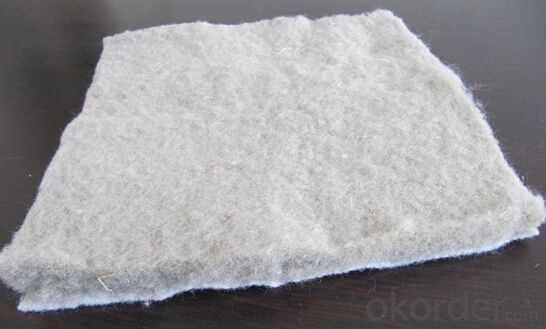
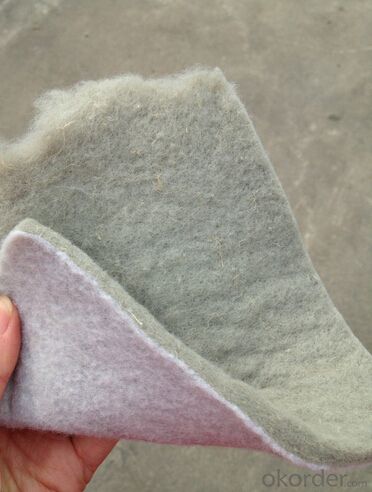
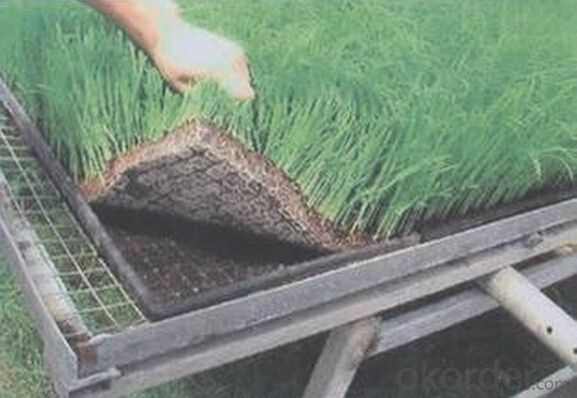
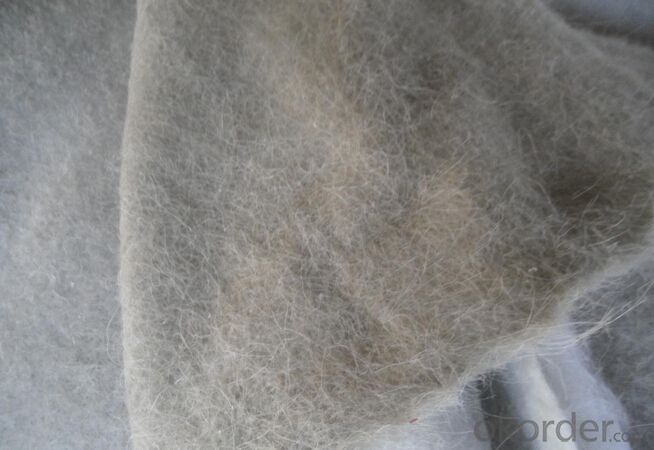
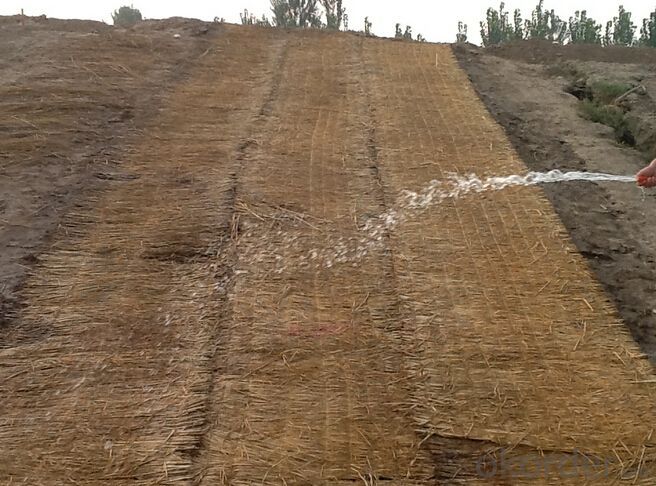
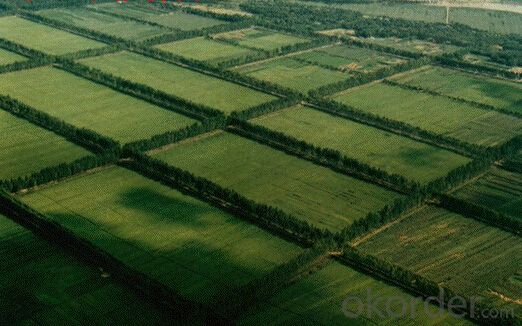
- Q: What is the effect of installation damage on geogrid performance in long-term applications?
- The effect of installation damage on geogrid performance in long-term applications can be detrimental. Installation damage, such as punctures, tears, or stretching, can weaken the geogrid's structural integrity and reduce its ability to provide long-term reinforcement. This can lead to decreased stability, reduced load-bearing capacity, and potential failure of the geogrid system over time. Therefore, it is crucial to handle and install geogrids carefully to minimize any damage and ensure optimal performance in long-term applications.
- Q: Are geogrids suitable for use in high water table areas?
- Yes, geogrids are suitable for use in high water table areas. Geogrids are designed to provide reinforcement and stability to soil, making them effective in areas with high water tables. They help distribute the load and prevent soil erosion, making them a suitable solution for such conditions.
- Q: What is the recommended geogrid roll width for specific applications?
- The recommended geogrid roll width for specific applications can vary depending on factors such as soil conditions, load requirements, and project specifications. It is best to consult with a geotechnical engineer or geosynthetics expert to determine the appropriate geogrid roll width for your specific application.
- Q: What are the factors that affect the tensile strength of geogrids?
- The factors that affect the tensile strength of geogrids include the material composition, manufacturing process, aperture size, junction strength, and the presence of any defects or damage. Additionally, external factors like temperature, humidity, and exposure to chemicals or UV radiation can also impact the tensile strength of geogrids.
- Q: What is the elongation of fiberglass geogrid?
- The elongation of glass fiber geogrid is less than or equal to 4%
- Q: Fiberglass grille width
- Width indicators are in 1-6
- Q: How is the strength of a geogrid determined?
- The strength of a geogrid is determined through various laboratory tests and calculations that evaluate its tensile strength, creep resistance, and other mechanical properties. These tests involve applying force to the geogrid in different directions to measure its ability to withstand pulling, stretching, or shear forces. The results of these tests help determine the geogrid's strength and its suitability for specific applications in civil engineering and soil stabilization projects.
- Q: Are geogrids suitable for use in slope reinforcement during excavation?
- Yes, geogrids are suitable for use in slope reinforcement during excavation. Geogrids are typically made of high-strength materials such as polyester or polypropylene, which provide excellent tensile strength and stability. They are designed to reinforce soil, prevent erosion, and improve the overall stability of slopes. Geogrids can effectively distribute loads and reduce soil movement, making them a reliable choice for slope reinforcement during excavation projects.
- Q: Are geogrids suitable for use in railway ballast reinforcement?
- Yes, geogrids are suitable for use in railway ballast reinforcement. Geogrids provide stabilization and reinforcement to the ballast layer, improving its strength and preventing deformation under heavy loads. They distribute the load more evenly, reducing the risk of settlement and track misalignment. Additionally, geogrids enhance the overall performance and longevity of the railway track by minimizing maintenance and repair needs.
- Q: Do geogrids reduce the amount of fill material required?
- Yes, geogrids do reduce the amount of fill material required.
Send your message to us
Geogrids for Access Routes - Nutrition Geotextile for Greening Plants
- Loading Port:
- Qingdao
- Payment Terms:
- TT OR LC
- Min Order Qty:
- 5000 m²
- Supply Capability:
- 2000000 m²/month
OKorder Service Pledge
OKorder Financial Service
Similar products
Hot products
Hot Searches
Related keywords
